Michal Smetana and Daniel Prokop’s policy brief examines the Czech Republic’s uncritical support for Israel during the Gaza conflict, despite mounting evidence of severe violations of international law. They argue that this selective approach undermines Czechia’s human rights credibility, fuels dehumanization, and aligns the country with extremist policies opposed even within Israel.
New Publication | Israel and the Politics of Intelligence Failure on 7 October
This article from Dr. Rob Geist Pinfold examines Israel’s intelligence failures and successes in its ongoing conflict with Hamas. It distinguishes between occasional (intelligence assessments) and causal factors (structural and political inputs). Critically, it illustrates that Israel’s intelligence agencies deferred to the prevailing, but incorrect, assumptions and short-sighted policy priorities set by the Prime Minister’s Office. The authors also explore the over-reliance on technical intelligence, the lack of structural reform and the militarised nature of Israel’s intelligence cycle.
New Publication | The US Facing Israel: From Restrainer to Enabler
What happens when both the U.S. and Israel shift from preserving stability to pushing for bold change? This study from Rob Geist Pinfold explores how recent conflicts, especially the 2023 Hamas attacks, have transformed Israel into a more aggressive actor and aligned it even closer with the U.S., now under another Trump presidency. As Israel and America embrace a shared revisionist agenda, their partnership could drive major shifts in the Middle East’s balance of power.
New policy analysis: Collision Course: How Iran and Israel Brought the Middle East to the Brink of War
A new study by Dr. Rob Geist Pinfold, Clive Jones, and Anoushiravan Ehteshami, published in Global Policy, examines how Iran and Israel’s long-standing rivalry has driven the Middle East toward an increasingly dangerous cycle of escalation. The research reveals a surprising role reversal: Israel, traditionally a status quo power, has become the region’s leading revisionist force, seeking to reshape the regional order after the October 7 attacks, while Iran is now on the defensive, aiming to preserve its diminishing influence.
New publication: Elite-public gaps in attitudes towards Israel and the Israeli-Palestinian conflict
We conducted a survey of Czech citizens and members of parliament on attitudes towards Israel and the Israeli-Palestinian conflict. The results show that parliamentarians are more supportive of pro-Israel policies, blame Palestinians more for the conflict and view Czech-Israel relations more positively than the general population. Our findings provide the first empirical evidence of a gap between elite and public attitudes towards Israel, contributing to debates on foreign policy preferences.
PRCP Policy Brief #025
Tereza Plíštilová’s new policy paper describes the impact of public protests against the Israeli-Palestinian Conflict, especially in the light of student demonstrations in several cities accross the US and Europe. She emphasizes the significant shift of Western public attitudes on the conflict and explains how the public-elite divide of opinion should be addressed.
New Report: Czech Public and Israel 2023–2024
We are happy to publish the new report called Czech People and Israel 2023-2024 in collaboration with the Herzl Center for Israeli Studies!
The report compares public opinion surveys from January 2023 and January 2024, as well as a survey of political elites at the turn of 2022-2023. Key findings reveal a notable increase in Czech public’s rise in support for recognizing Palestine as an independent state, alongside a distinct polarization in opinions regarding the responsibilities in the conflict.

